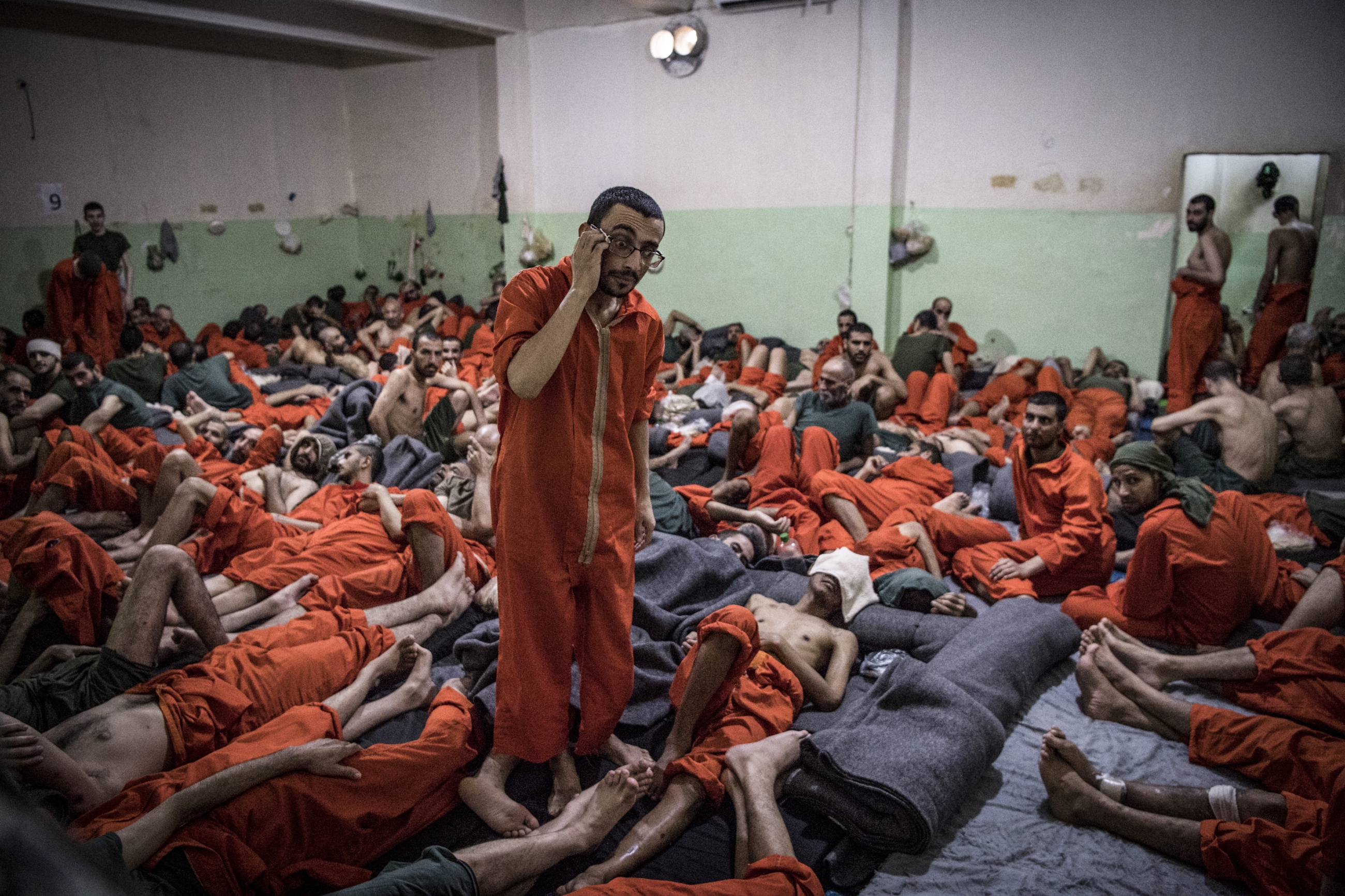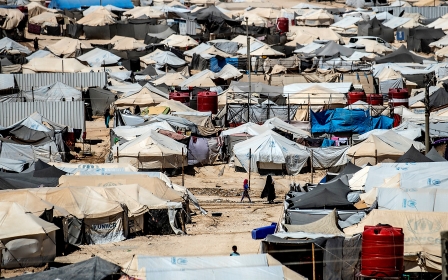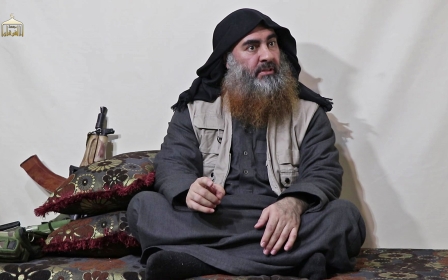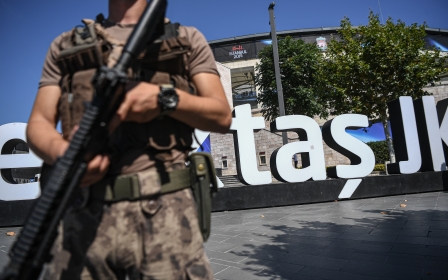Turkey vows to send suspected IS militants home

Turkey plans to send suspected Islamic State group (IS) members captured in Syria back to their home countries, Interior Minister Suleyman Soylu said on Saturday.
"That is not acceptable to us. It's also irresponsible," he said, complaining of European inaction on taking back suspected members. "We will send the captured Daesh members to their countries," he told reporters, using another name for IS.
Soylu said EU countries including the Netherlands and Britain had stripped some of the fighters of their nationality to prevent Ankara from sending them home.
"They found an easy solution," he said. "They say 'I took his nationality away, it's your problem now'. That's unacceptable in our view, that's totally irresponsible. What do you want me to do with your terrorist?"
Suspected IS members fell into Turkish hands after it launched an incursion into northeastern Syria last month, taking over territory administered by the Kurd-dominated Syrian Democratic Forces (SDF).
New MEE newsletter: Jerusalem Dispatch
Sign up to get the latest insights and analysis on Israel-Palestine, alongside Turkey Unpacked and other MEE newsletters
The SDF, backed by US air support, had been instrumental in ousting IS from Syria, but then had to deal with an exodus of fleeing suspected IS members, many of whom are now detained in a number of prisons in Syria's north.
Their families have been housed in number of overcrowded displaced persons camps. These have been beset by fighting between inmates and Kurdish security forces, who claim that they have become infiltrated by those sympathetic to IS.
Fears over the impact the Turkish incursion could have on the security of the prisons appeared to be realised last month, when hundreds of detainees with suspected IS links -mostly women and children - escaped from Ain Issa camp, which has also been hit by shelling.
The deteriorating security situation has prompted a rethink among countries which have up until now been reluctant to take back their nationals.
Britain has begun to look at repatriating children born to suspected IS fighters, while Belgium has said it will evacuate IS suspects held by the Kurds.
There are thought to be at least 10,000 detained suspected IS fighters imprisoned in north eastern Syria, with another 100,000 family members held at displaced person camps, including 70,000 in al-Hol refugee camp.
Middle East Eye delivers independent and unrivalled coverage and analysis of the Middle East, North Africa and beyond. To learn more about republishing this content and the associated fees, please fill out this form. More about MEE can be found here.




